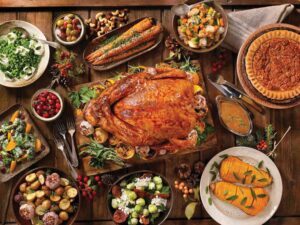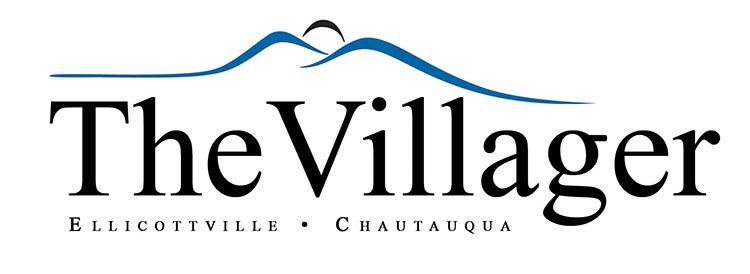By Jessica Miller
Thanksgiving is a time-honored tradition with roots deeply embedded in gratitude and community. Its history spans centuries and continents, with varying cultural expressions of harvest celebrations and thanks. While Thanksgiving is most commonly associated with the United States and Canada, many nations celebrate their own versions of this holiday.
Thanksgiving in the United States
The first documented Thanksgiving celebration in what is now the United States occurred on December 4, 1619, in Virginia. Thirty-eight English settlers arrived aboard the ship Margaret at Berkeley Hundred in Charles City County. Their charter from the London Company required them to observe the day of their arrival as one of perpetual thanksgiving to God. This annual tradition was rediscovered and revived in 1962 at Berkeley Plantation in Charles City, Virginia.

The more widely recognized Thanksgiving narrative originates from the Pilgrim settlers who arrived on the Mayflower. In 1621, after enduring a grueling voyage and harsh winter, the Pilgrims celebrated a successful harvest in Plymouth, Massachusetts. The Wampanoag and the remaining Patuxet peoples had provided critical guidance in farming, hunting, and fishing, ensuring the settlers’ survival. The Pilgrims and their Indigenous allies shared a feast, marking a moment of gratitude and bounty.
While Thanksgiving was celebrated sporadically across the United States in the years that followed, it wasn’t until President Franklin D. Roosevelt signed a resolution in 1939 that the holiday was formally set to the fourth Thursday of November. This date was chosen to balance the shopping season leading into Christmas while maintaining a tradition of national gratitude.
Thanksgiving in Canada
The history of Thanksgiving in Canada predates its American counterpart, with some historians tracing it back to 1578. English explorer Martin Frobisher held a thanksgiving ceremony in Newfoundland to celebrate his safe journey through icy waters in search of the Northwest Passage.
Later, French settlers in Canada celebrated harvests with the Indigenous peoples, sharing food and cultural traditions. By 1859, Canadian provinces began observing Thanksgiving as a day for recognizing divine blessings. Governor General Marquis of Lorne formally declared November 6 as Thanksgiving in 1879, but the date varied until 1957 when Parliament established the second Monday of October as the official holiday.
Thanksgiving Around the World
Thanksgiving is not confined to North America. Many nations celebrate their own versions of harvest festivals or gratitude observances.
- Liberia celebrates Thanksgiving due to its historical ties with the United States.
- Germany observes Erntedankfest, a religious harvest festival.
- Japan celebrates Labor Thanksgiving Day (Kinrō Kansha no Hi) to honor workers and the fruits of labor.
- Brazil, Grenada, and Saint Lucia also have designated Thanksgiving days to commemorate historical events or express gratitude for blessings.
Other nations, including the Philippines and Australia, incorporate elements of harvest and cultural gratitude into their traditions.
A Global Tradition of Gratitude
Thanksgiving is more than a single holiday or national observance—it is a global expression of gratitude for sustenance, survival, and community. Whether celebrated through feasts, religious ceremonies, or community gatherings, Thanksgiving reminds us of the universal human need to reflect on blessings and share them with others. This enduring tradition unites cultures across the world in a spirit of thanks.
